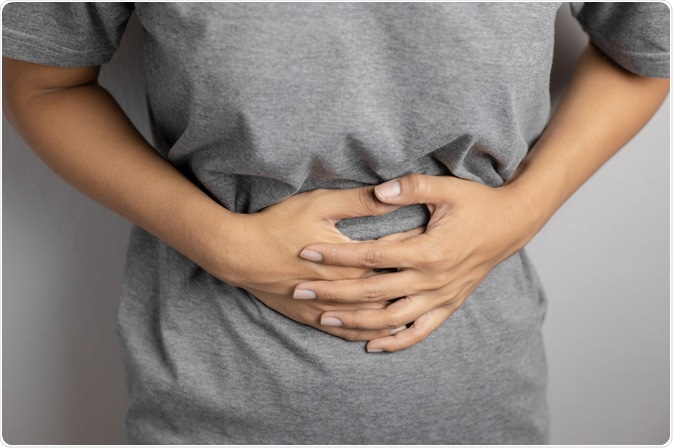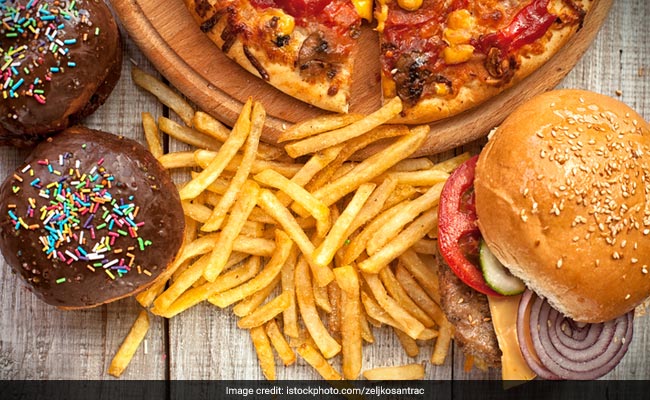1. You may feel pain in your stomach

The major difference we notice when we lose weight is a decrease
in body fat. Our fat cells actually do reduce in size as a result of this
decline. They don't actually vanish. This reduction in fat cells signals that
the body's fuel reserves are running low, which results in a decrease in the
leptin hormone. Leptin generally reduces hunger and boosts metabolic rate;
however, when leptin levels fall, metabolic rate slows and hunger levels rise.
4. Causes regret and depression
Consumption of diets low in carbohydrate tends
to precipitate depression, since the production of brain chemicals serotonin
and tryptophan that promote the feeling of well being, is triggered by
carbohydrate rich foods. It is suggested that low glycemic index (GI) foods
such as some fruits and vegetables, whole grains, pasta, etc. are more likely
to provide a moderate but lasting effect on brain chemistry, mood, and energy
level than the high GI foods - primarily sweets - that tend to provide
immediate but temporary relief Many of the neurotransmitters in the brain
are made from amino acids. The neurotransmitter dopamine is made from the amino
acid tyrosine and the neurotransmitter serotonin is made from the tryptophan. If there is a lack of any of these two amino acids, there
will not be enough synthesis of the respective neurotransmitters, which is associated
with low mood and aggression in the patients. The excessive buildup of amino
acids may also lead to brain damage and mental retardation.
5. Change in sleep cycle
Insomnia is
common amongst keto dieters, particularly early on in
transitioning to the keto diet, according to Health line.
Here’s the
science behind it:
Carbohydrates
are typically the body’s main source of energy as they supply the body with a
constant supply of glucose, and "improve entry of the amino acid L-tryptophan into the brain." Livestrong.com lists that L-tryptophan assists with the production of serotonin, which is a neurotransmitter known for calming the body,
and contributing to better sleep and well-being. Serotonin is converted into melatonin —
the sleep hormone.
Since the ketogenic diet doesn’t include many carbs, dietary L-tryptophan isn’t included in the diet either, which can lead to low serotonin and melatonin levels.
6. May affect the menstrual cycle and can disturb
sex life.
If you are restricting your calorie intake while still not meeting your nutritional needs, dieting can affect your length. It all comes down to stability. Consuming a
healthier diet may help your hormones because eating a wholly poor diet can contribute to PMS and is an indicator of estrogen dominance. Every other weight
loss approach, including the ketogenic diet, has the potential to alter your menstrual cycle. High levels of fat and coffee levels are both parts of the ketogenic diet. It is widely hailed as a top-notch method of weight loss and does offer some epileptic patients some healing benefits. (It
is not a good long-term diet for the vast majority of women, though, as it can
lead to irregular periods or even cease them completely, which is an indication
that the body is under stress..




No comments:
Post a Comment